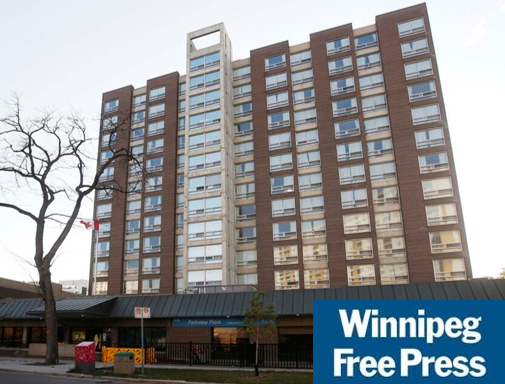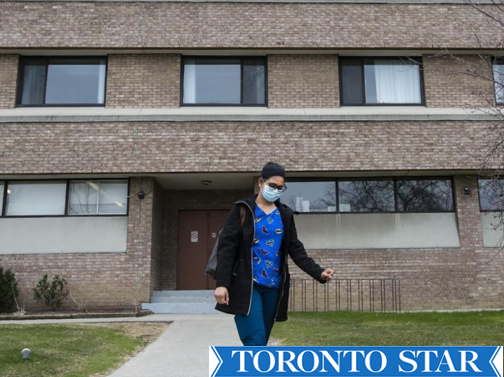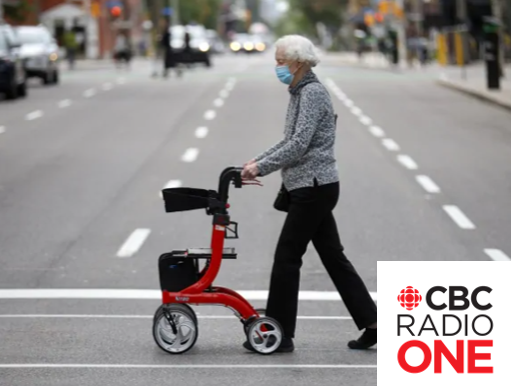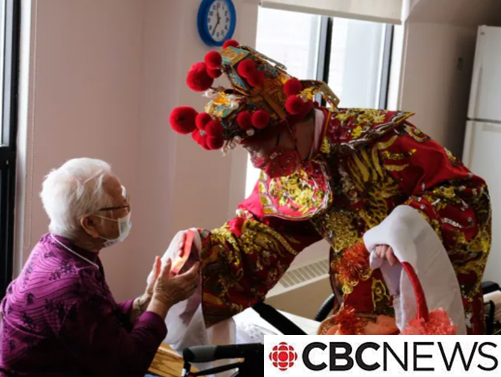A return to freedom, after nearly a year trapped indoors under lockdown
By: Catherine Porter
For all but five weeks between March 2020 and June 2021, care home residents in Toronto were not permitted to leave their buildings for nonmedical reasons, not even a stroll. Many compared themselves to caged animals or prisoners. The lucky ones lived in residences with attached courtyards, where they could at least feel the sun on their faces.
“At this point,” said Dr. Samir Sinha, NIA Director of Health Policy Research, “the risks of loneliness and social isolation are far greater than dying from COVID-19 in these homes.”




















